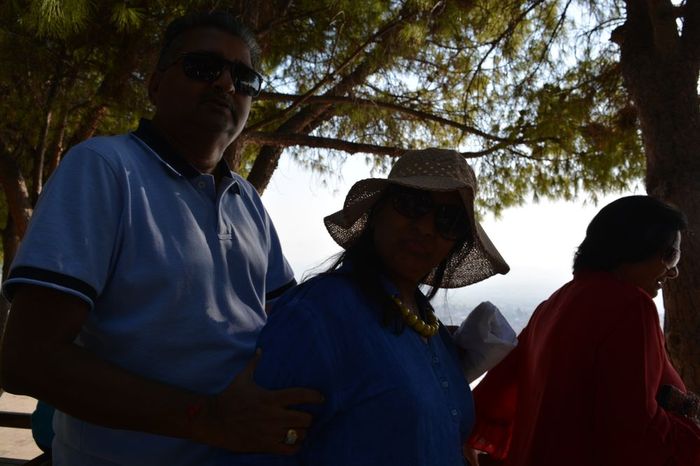But on behalf of . . . and against thine enemies we will don our corselets and take arms and spears and to thy friends we will give our right hands; and everything that is for the benefit and honour of the Roman rule that I will both think of and execute. Thus may I enjoy the help of God, and of the Cross and of the holy Gospels.
These things were written and the oaths were completed in the presence of the witnesses whose names are signed below in the month of September in the second Indiction of the year then drawing to its close, six thousand six hundred and seventeen.
Amalfi and Renardus of Tarentum
But the witnesses who were present and have signed below, before whom these things were done, are as follows; the bishops most dear to God, the bishop Mavros of Amalfi and Renardus of Tarentum and the clerics with him; the most reverend abbot of the holy monastery of St. Andrew in Lombardy which stands on the island of Brindisi; and two monks of the same; the chief men of the Peregrini who made their marks below with their own hands, and whose names were written against their marks by the hand of the bishop of Amalfi most dear to God, who had come to the Emperor as ambassador from the Pope.
Those of the imperial court were: the Sebastus Marianus, Roger the son of Tacupertus, Peter Aliphas, Gelielmus Ganze, Richard Printzitas, Iosphre Male, Hubert the son of Raoul, Paul the Roman, the envoys who had come from Dacia from the Cral, the Queen’s relation, Zupanus Peres and Simon and the envoys of Riscardus Siniscardus, the Nobilissimus Basilius, a eunuch, and the notary Constantine.”
This oath, then, put down in writing the Emperor received from Bohemund, and in return he gave him the above-mentioned Golden Bull signed in red ink, as was the custom, by the imperial right hand.
Read More about The Conpiracy of Aston part 31








